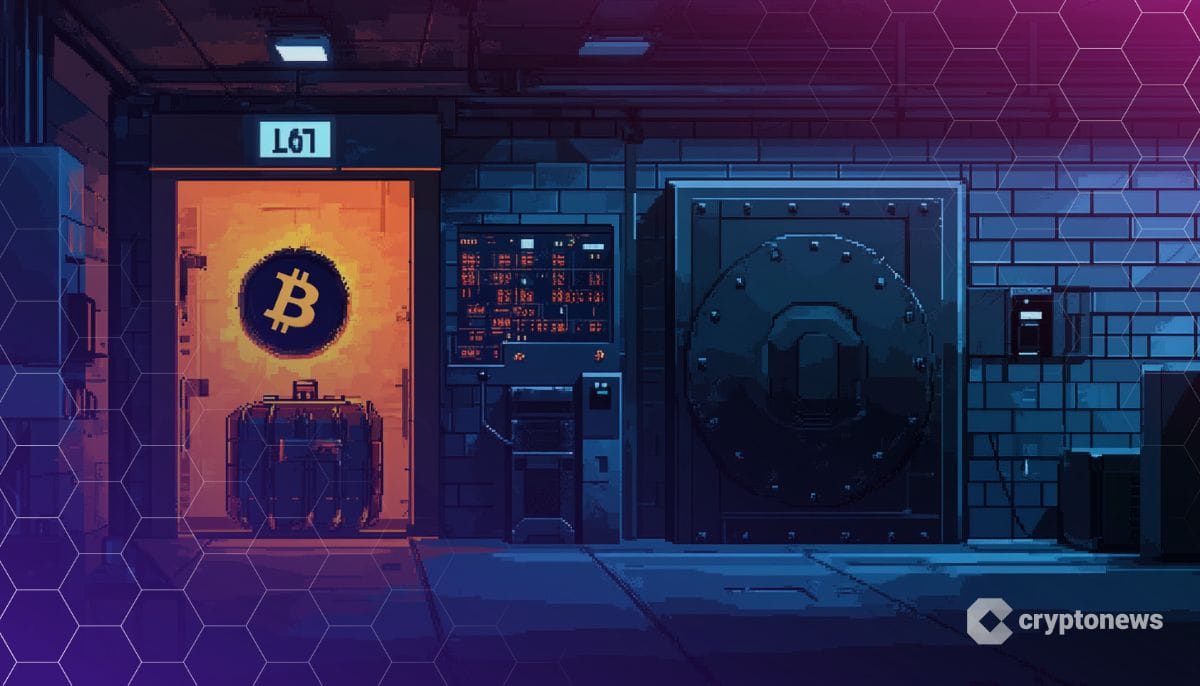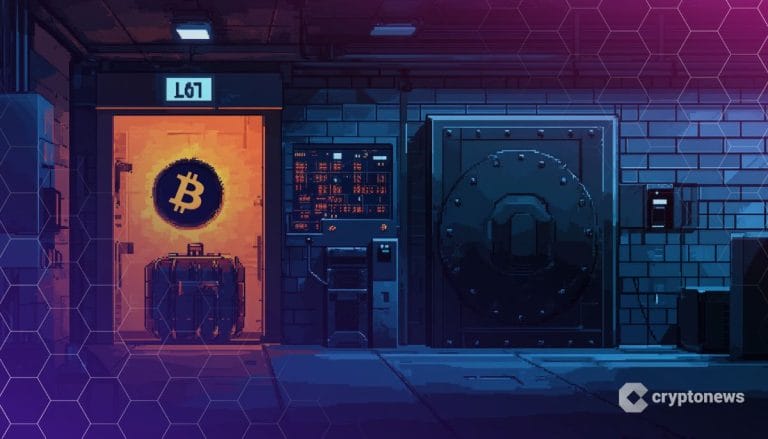Last updated:
 Why Trust Cryptonews
Why Trust Cryptonews
Ad Disclosure
We believe in full transparency with our readers. Some of our content includes affiliate links, and we may earn a commission through these partnerships.

Bill Dudley has raised concerns about the potential creation of a federal Bitcoin reserve, warning of financial and economic risks tied to such an initiative.
In a recent opinion piece published in Bloomberg, Dudley, former president of the Federal Reserve Bank of New York from 2009 to 2018, highlighted challenges with a government-backed Bitcoin reserve.
Limited Benefits, Significant Drawbacks
“Bitcoin has some positive attributes,” said Dudley. “It can be transferred to anyone, anywhere without relying on government-regulated banks or other traditional financial intermediaries. And adding it to a portfolio of stocks and bonds might provide some diversification benefit.”
Despite these merits, Dudley argued that creating a federal Bitcoin reserve would likely cause prices to skyrocket, benefiting current Bitcoin holders rather than the broader economy.
He emphasized Bitcoin’s capped supply and absence of income generation, describing it as a speculative and volatile asset.
Dudley further explained that funding such an initiative would come at a high cost.
Financing Bitcoin purchases through debt or money creation would either increase the national debt or exacerbate inflation.
He compared this to monetizing debt, an approach that carries serious economic risks.
He also questioned Bitcoin’s practicality as a government asset, citing its slow transaction speeds, high energy costs, and lack of guaranteed acceptance as major drawbacks.
Instead of pursuing a Bitcoin reserve, Dudley urged policymakers to focus on regulatory frameworks that address issues in the cryptocurrency market.
He advocated for measures to protect consumers, prevent illicit activities, and promote the safe development of blockchain technology.
Florida Could Launch Bitcoin Reserve in Q1 2025
While Dudley criticized the concept of a federal Bitcoin reserve, some states appear to be moving in a different direction.
According to Samuel Armes, President of the Florida Blockchain Business Association (FBBA), the State of Florida could launch its own Bitcoin reserve as early as the first quarter of 2025.
Armes suggested that Florida’s pro-crypto leadership, including Governor Ron DeSantis and lawmakers Danny Perez and Ben Albritton, may explore using the state’s pension fund and budget surplus to invest in Bitcoin.




